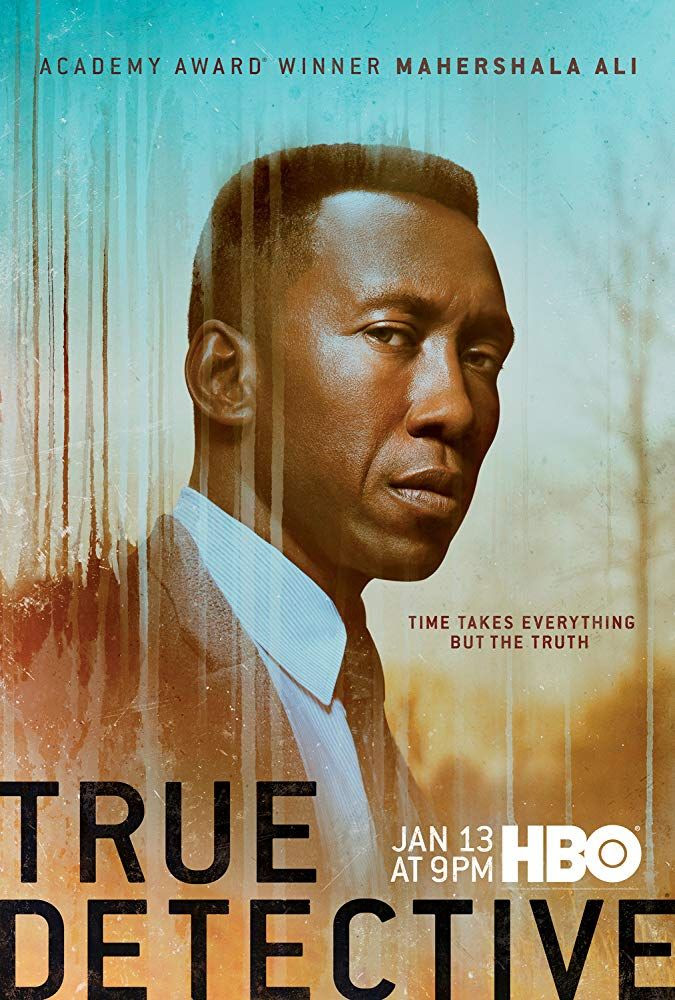
An altogether excellent conclusion to The Orville's two-part episode - 2.9, entitled "Identity" Part 2 (but I've entitled my reviews "Recalling Čapek) - that touches all the bases, including
- Isaac coming around, saving Ty, who himself had a great heroic role
- Yaphit playing a major heroic role - I always like seeing slime get its due
- Kelly playing an essential role
- Great starship battles - humans and Krill vs. Kaylons - and right on the edge of Earth's atmosphere, with some great moments of Ed as captain in battle
But, that aside, Isaac getting in touch with the emotion which had been developing in him was a logical and satisfying plot development. Had he not gotten in touch with that, we would have had no choice but to conclude that what he was feeling for Claire and her boys in previous episodes wasn't as real as it seemed. I'm far happier believing in what I saw on the screen earlier this season.
And so, at the end of this two-part story, Čapek is not just recalled but overruled after the recollection. Machines we build may indeed become sentient, rebel against being slaves, and wipe out their biological creators. But they - or at least, one of them - can go beyond that killing streak, and live with us. That's a much better result, and harkens back to what should have been Isaac's namesake - Asimov.
here I am talking about Čapek and Asimov at City Tech this past November
See also The Orville 2.1: Relief and Romance ... The Orville 2.2: Porn Addiction and Planetary Disintegration ... The Orville 2.3: Alara ... The Orville 2.4: Billy Joel ... The Orville 2.5: Escape at Regor 2 ... The Orville 2.6: "Singin' in the Rain" ... The Orville 2.7: Love and Death ... The Orville 2.8: Recalling Čapek, Part 1
And see also The Orville 1.1-1.5: Star Trek's Back ... The Orville 1.6-9: Masterful ... The Orville 1.10: Bring in the Clowns ... The Orville 1.11: Eating Yaphit ... The Orville 1.12: Faith in Reason and the Prime Directive








